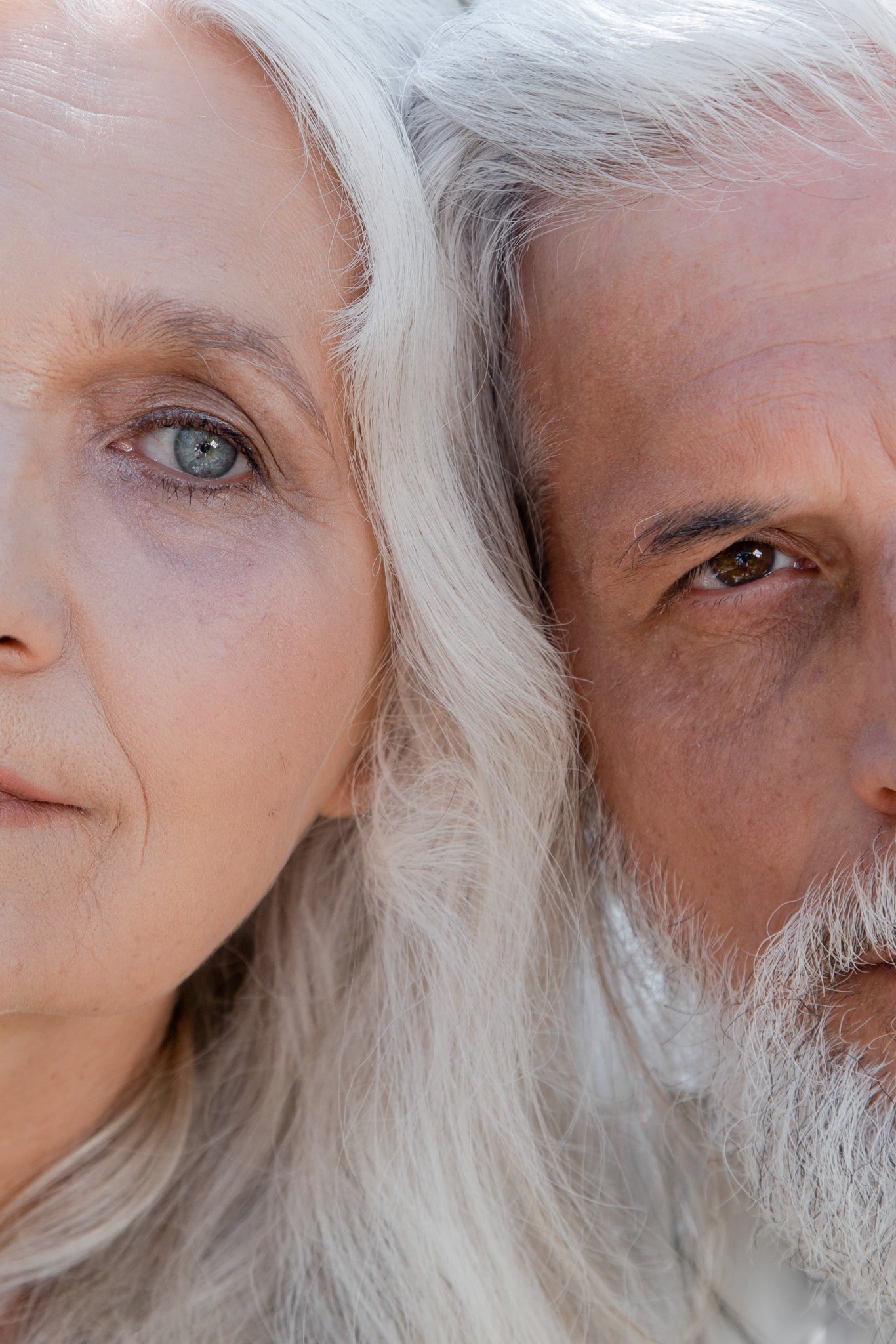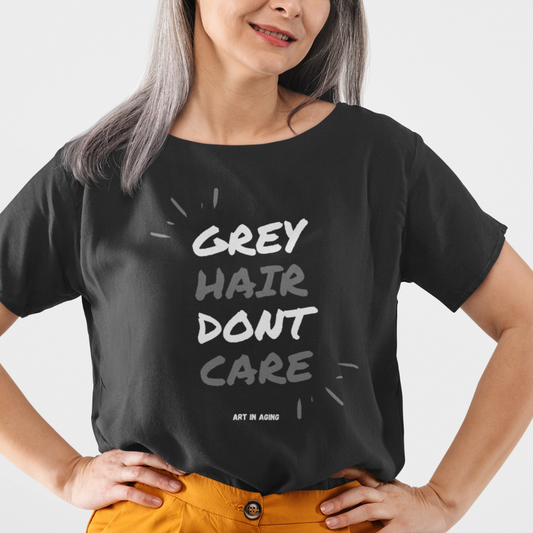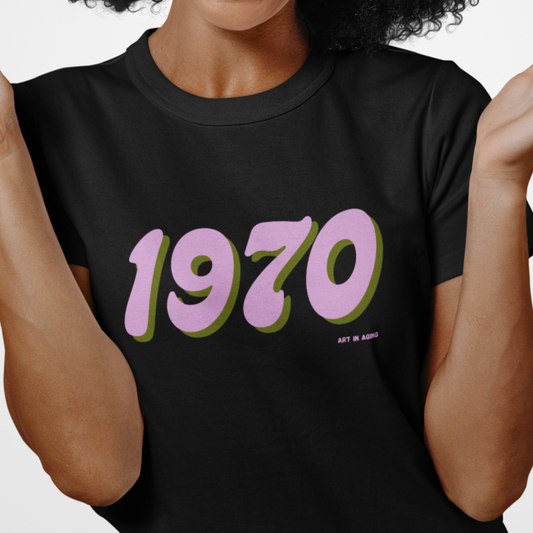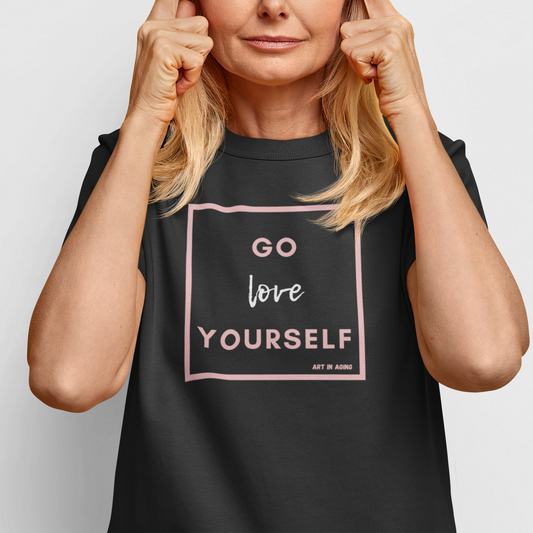Have you ever felt like people are treating you unfairly because of your age? That’s ageism, and it’s pretty much one of the only forms of prejudice, or “-isms,” that people unabashedly take part in today. Ageism is relevant regardless of race, sex, or socioeconomic status, and it’s having a drastic impact on the way we live these later years of our lives. In a recent study by the World Health Organization, it was found that, "Globally, 1 in 2 people are ageist against older people and in Europe, younger people report more perceived ageism than other age groups. Ageism remains largely invisible despite its wide reach and negative impact on individuals and society."
Ageism takes many forms and affects many parts of our lives. You might not even realize some of the effects of ageism, as it has become so ingrained in our language and cultural thinking. "There are many ways to categorize ageism. Terms that describe where ageism takes place include:
- institutional ageism, which occurs when an institution perpetuates ageism through its actions and policies
- interpersonal ageism, which occurs in social interactions
- internalized ageism, which is when a person internalizes ageist beliefs and applies them to themselves"
source: Medical News Today
The reason for continued ageism is difficult to make sense of. Today, people remain active members of their workplace, community, and family well into their later years. We’re living longer than ever before, and we’re remaining healthy as we age. At 80, people are skiing and enjoying watching birds in the park. Whatever your activity of choice may be, there’s no reason to be afraid of the negativity surrounding your age. The current public perception of older adults is outdated so why do people continue to hold certain negative beliefs?

Ageism in the Workplace
"Data from the 2020 National Poll on Healthy Aging found that 82% of older Americans reported experiencing ageism regularly. The survey found that:
- 65% experienced ageist messages from the media
- 45% experienced interpersonal ageism
- 36% had internalized ageism"
source: Medical News Today
However, Baby Boomers are retiring later and millennials are joining the workforce with new ideals and cultural values. Clashing mindsets are bringing a new rise of ageism in the workplace, and it can be seen in many forms, such as:
- Being turned down from a job
- Passed up for a promotion, laid off, or denied access to career development
- Facing harassment
- Seeing a pattern of only hiring young employees
- Being overlooked for challenging assignments
- Becoming isolated or left out from meetings, decisions, and projects
- Being encouraged to retire
- Receiving unfair discipline
Age is not something we can control. And yet we are being discriminated against by the people who will one day be in the same shoes, and we can safely assume that they will not want to be discriminated against for their age.
Researchers from the Sloan Center on Aging find that these microaggressions have perverse effects on both an individual and a company, “Our findings suggest that negative attitudes toward late-career workers do in fact affect these workers’ engagement with their jobs and ultimately their mental health.” The effect on workplace productivity is enough that employers should make active attempts to rid the workplace of discrimination against age. Ageism in the workplace is not only affecting worker productivity but also the economic health of an entire population.
When Will We Learn
Ageism is stereotypical, hurts our feelings, and is getting in the way of our ability to be productive in the workplace. What’s more is that ageism is actually having an enormous impact on the economy. Ageism is hurting everyone.
A study conducted by Becca R. Levy from the Yale School of Public Health found that ageism has led to excess costs of $63 billion annually for health-related needs. The researchers in this study found that $1 of every $7 spent on the eight costliest conditions affecting those ages 60 and older is a direct result of ageism. Ageism is causing undue stress, it’s altering our self-perceptions, and the stress that comes with the prejudice is seriously harming our health. If we stopped ageism, we would live longer, healthier, and happier lives.
Happy life = Less stress.
Less stress = Less illness.
Less illness = Less excess money spent on health-related needs.

Ageism in the Media
https://www.fastcompany.com/90341477/why-marketing-to-seniors-is-so-terrible
Turn on the TV and what do you see? Young people going shopping, going to the movies, out to eat, or on an adventure. The youth, the youth, the youth. It’s almost as if older people don’t exist in the world of television. But when we are seen on TV we are crabby, bothered, and all we want to buy is anti-aging skin cream. I’m sure you have seen the “Help, I’ve fallen and I can’t get up” commercial. It’s not exactly the most realistic or flattering image. The western beauty ideal that comes with being young is emphasized while we are represented as “feeble, forgetful, stubborn, and helpless.” We are either presented in a negative light, or we are invisible. It’s time to change that notion, for the good existing generations and the generations to come.
Furthermore, only 5% of marketing dollars are spent on individuals over the age of 50, reinforcing the idea of invisibility. We have money to spend, and we would like to purchase things that we want and need, yet no one seems to want to market to us, and they’re missing out on a huge demographic.
The media reinforces the negative stereotypes surrounding aging and these stereotypes have a serious influence and shape the attitudes about older people -- with zero repercussions. Well, one repercussion is the profound effect media representation is having on both the internal and external perception of older adults.
Ageism in the Long-Term
We have seen the many ways in which ageism is impacting our lives. Missing out on job opportunities, facing disrespect at work, experiencing undue stress that is impacting the economy, and only seeing yourself in a negative light in the media. The culmination of all of this prejudice is impacting our health and longevity.
Levy, from the Yale School of Health, found that these stereotypes are having a direct impact on our health and ability to function. She saw that people who see aging in positive terms are more likely to recover from disability than those who believe the negative stereotypes about aging. Those who see aging as a positive thing and as part of the natural cycle of life and nothing to be ashamed of are more likely to practice preventative health measures, because you want to live longer if you know that will be respected for your years. She found that those who are accepting of aging experience less depression and anxiety, and actually live longer.
It’s not exactly rocket science, we want to live in a world in which we are respected for our age and the ways that we can contribute to society. We want to know that people are happy to see us make it to another year. We want people to appreciate what we have done and what we will continue to do; whether it’s a direct impact or the ability to share our knowledge and experiences with those around us.
Let's End Ageism
Now that there is data, science, and results that back up the fact that ageism is harmful to our health, people are increasingly attempting to change the way that we see aging. Eight national aging organizations have come together to form the Reframing Aging Project. The goal of the project is to reframe the public view of aging “so that improvements across services, policies, and opportunities for older adults can be perceived as not only possible, but also desirable.”
There are also new metaphors entering our vocabularies as positive ways to refer to aging. For example, rather than calling aging a “battle” we can call it “building momentum.” The process of aging, and building knowledge and experience is an accumulation of “force” and “energy” that can be shared with those younger than us. Try thinking about aging in metaphors like these. It can improve the way that you think about yourself and the way that others think about you. And it’s powerful to think of yourself like that. We, the new aging generation, are building momentum! And we have a force of energy to bring to everyone in our lives. Who is going to stop us?
Growing older is nothing to be ashamed of. It’s a naturally occurring process that happens to everyone. There is no stopping the aging process, so let’s embrace the beauty of age instead of contributing to the discriminatory ageist beliefs that are hurting our society. Regardless of the past and the present, it’s time we think about the changes we can make in the future and for our future.





